Uttar Pradesh Switch to Hindi
Uttar Pradesh Public Examination (Prevention of Unfair Means)
Why in News?
Recently, the Uttar Pradesh government passed the proposal for promulgation of an Ordinance that provides for jail terms ranging from two years to life imprisonment, and fines of up to Rs 1 crore for those involved in question paper leaks.
Key Points
- The Uttar Pradesh Public Examination (Prevention of Unfair Means) Ordinance has made all offences cognizable and non-bailable.
- The offences will be tried by sessions courts and will be non-compoundable, with strict provisions for bail.
- The Ordinance covers exams conducted by Uttar Pradesh Public Service Commission, UP Subordinates Service Selection Board, UP Board, state universities, and authority, bodies, or agencies nominated by them.
- It will also cover exams for regularisation and promotion in government jobs.
- The Ordinance also punishes distributing fake question papers and creating fake employment websites.
- Allows for blacklisting companies and service providers found guilty of adversely affecting examinations.
- If an exam is affected, the financial burden will be recovered from those involved.
Ordinance
- It is a decree or law promulgated by a State or Central government when the legislature or parliament is not in session.
- The legislative power to issue ordinances is in the nature of an emergency power given to the executive only to meet an emergent situation.
- Constitutional Provisions in Relation to Ordinances:
- Article 123 of the COI authorises the President to issue Ordinances during Parliament's break, while Article 213 empowers Governors to issue Ordinances when the legislature is not in session.
Cognisable Offences
- In cognisable offences, an officer can take cognizance of and arrest a suspect without seeking a court’s warrant to do so, if he/she has “reason to believe” that the person has committed the offence and is satisfied that the arrest is necessary on certain enumerated bases.
- Within 24 hours of the arrest, the officer must have detention ratified by a judicial magistrate.
- According to the 177th Law Commission Report, cognisable offences are those that require an immediate arrest.
- Cognisable offences are generally heinous or serious in nature such as murder, rape, kidnapping, theft, dowry death etc.
- The First Information Report (FIR) is registered only in cognisable crimes.
Non-Bailable Offences
- Any offence not mentioned as bailable under the First Schedule of CrPC or any other law is considered as non-bailable offence.
- A person accused of a non-bailable offence cannot claim bail as a right. Section 437 of CrPC provides for when bail may be taken in case of non-bailable offence.


Uttar Pradesh Switch to Hindi
Museum of Temples in Ayodhya
Why in News?
Recently, The Uttar Pradesh cabinet approved a proposal from Tata Sons to build a ‘Museum of Temples’ in Ayodhya, with an estimated cost of ₹750 crore.
Key Points
- According to the State Tourism Minister Jaivir Singh, the company will manage the project using its Corporate Social Responsibility (CSR) fund.
- The tourism department would lease the company land for this international-level museum for 90 years, charging a token fee of Rs 1.
- The company will invest an additional ₹100 crore in carrying out more development projects in the temple town.
- The CM Tourism Fellowship Programme has also received approval from the cabinet.
- Initially, 25 researchers will be chosen, each receiving ₹40,000, with ₹30,000 for payment and ₹10,000 for field trips, along with tablets. They will support tourism development and attract investments in the sector.
- Other proposals approved during the cabinet meeting included:
- The launch of helicopter services in Lucknow, Prayagraj and Kapilvastu under the Public-Private Partnership (PPP) model by building helipads.
- Develop dormant heritage buildings into tourist spots such as Kothi Roshan Dulha in Lucknow, Barsana Jal Mahal in Mathura and Shukla Talab (pond) in Kanpur.
- The proposal aims to substitute the Indian Penal Code with the Bharatiya Nyaya Sanhita 2023 as the new penal code of the nation. Additionally, the Bharatita Nagarik Suraksha Sanhita 2023 and Bharatiya Sakshya Adhiniyam 2023 will be put into effect.
Corporate Social Responsibility (CSR)
- The concept of Corporate Social Responsibility (CSR) is the idea that companies should assess and take responsibility for their effects on the environment and on social welfare, and to promote positive social and environmental change.
- The four main types of corporate social responsibility are:
- Environmental Responsibility
- Ethical Responsibility
- Philanthropic Responsibility
- Economic Responsibility
- The CSR provisions within Companies Act, 2013 is applicable to companies with an annual turnover of 1,000 crore and more, or a net worth of Rs. 500 crore and more, or a net profit of Rs. 5 crore and more.
- The Act requires companies to set up a CSR committee which shall recommend a Corporate Social Responsibility Policy to the Board of Directors and also monitor the same from time to time.


Uttar Pradesh Switch to Hindi
Spiritual Circuit Development
Why in News?
Uttar Pradesh's Chief Minister Yogi Adityanath is developing 12 major tourism circuits to boost tourism in the state.
- Significant focus has been placed on enhancing the spiritual circuit to tap into its vast potential among these initiatives.
Key Points
- Uttar Pradesh Tourism Department is preparing to implement a detailed strategy, including surveys of tourist destinations, gap analysis, and adherence to the UP Tourism Policy Document 2022.
- The plan prioritizes standards based on the 7 S' -- Suchna (Awareness), Swagat (Welcome), Suvidha (Amenities), Suraksha (Safety), Swachhta (Cleanliness), Sanrachna (Infrastructure) and Sahyog (Support).
- Uttar Pradesh has made significant advancements in its tourism sector, becoming a key destination for tourists worldwide.
- The development of Kashi Vishwanath Dham and Ayodhya Dham, along with their respective corridors, has elevated these sites to premier tourist attractions within the state.
- The upcoming Maha Kumbh in Prayagraj in 2025 is expected to draw 30 crore participants, further highlighting Uttar Pradesh's growing prominence in the tourism industry.
- A Detailed Project Report (DPR) will be prepared to strategically improve tourism development across different circuits, including the spiritual circuit.
- The chosen agency will work closely with department officials to tailor the survey methodology for tourist gap analysis.
- The survey report will include visitor feedback, photography, and video documentation.
- The action plan involves gathering feedback from visitors at selected tourist spots outlined in the DPR, collecting tourism statistics, evaluating growth trends, and prioritising a citizen-centric approach.
- By implementing best practices and leveraging technology, the approach aims to effectively operate and upgrade these locations.
Uttar Pradesh State Tourism Development Corporation (UPSTDC)
- It was established in the year 1974.
- The main objective of establishing UPSTDC is to provide tourist accommodation, restaurants, wayside amenities to the tourists and to open recreational centres.
- Organise package tours ensuring promotion of tourism in the State through vigorous publicity.




.png)



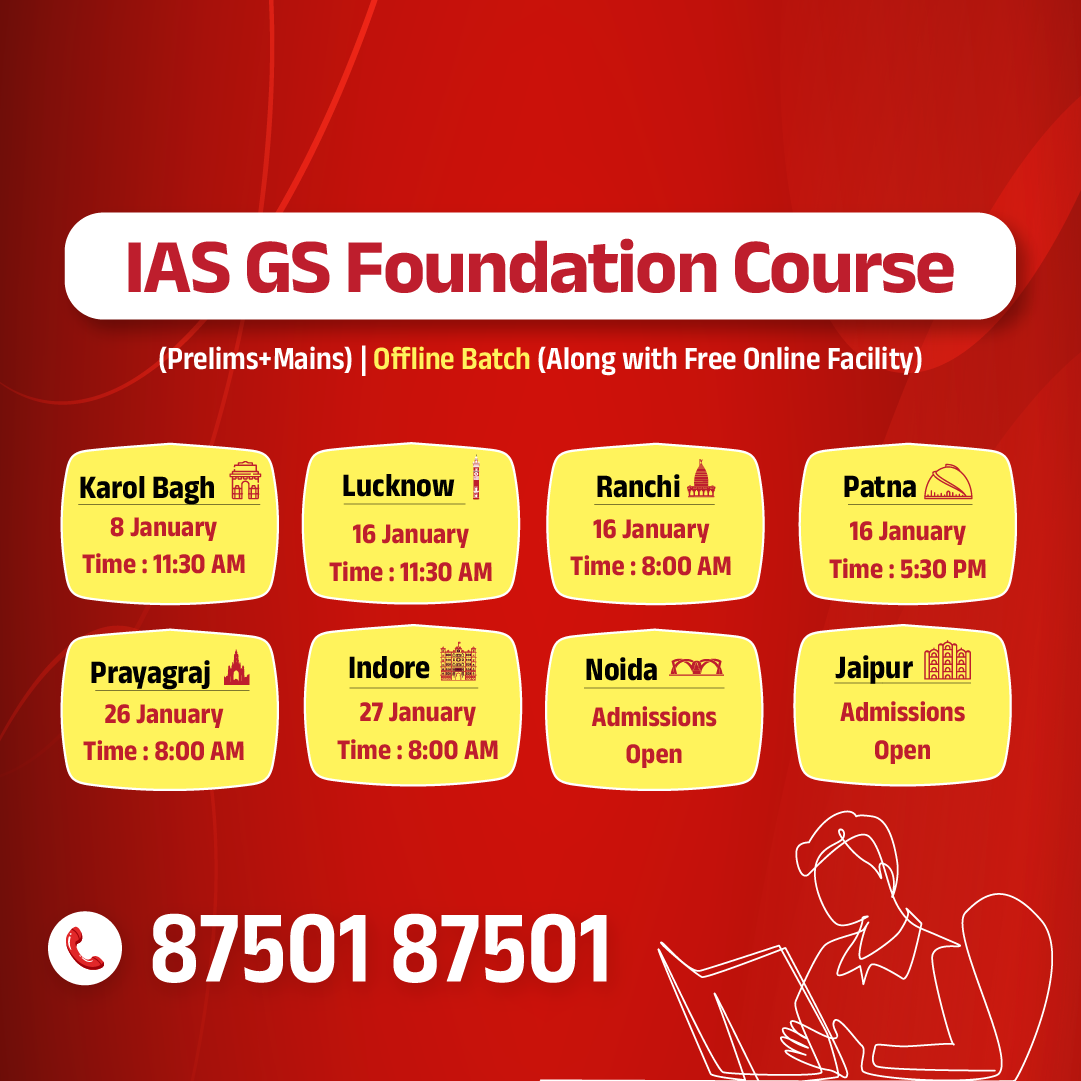
.jpg)
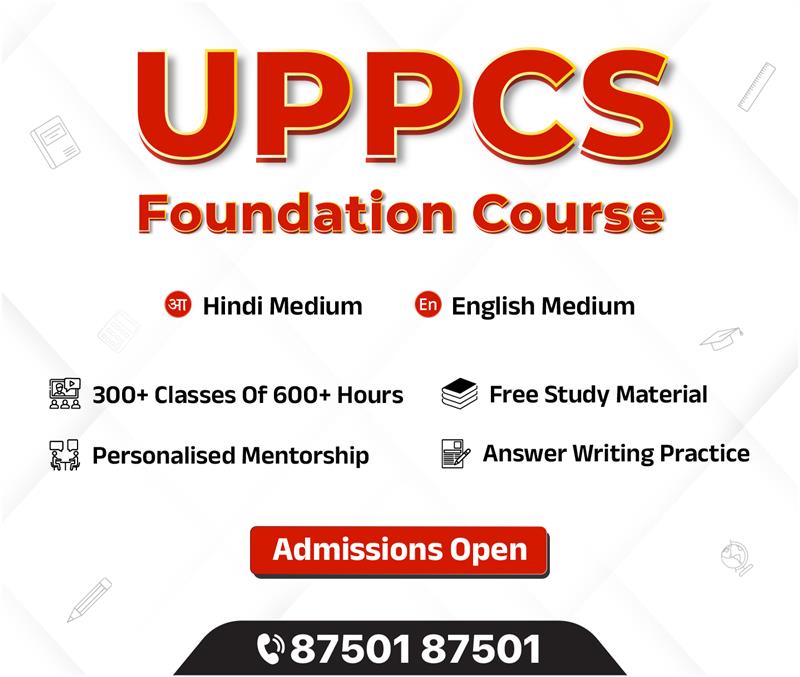







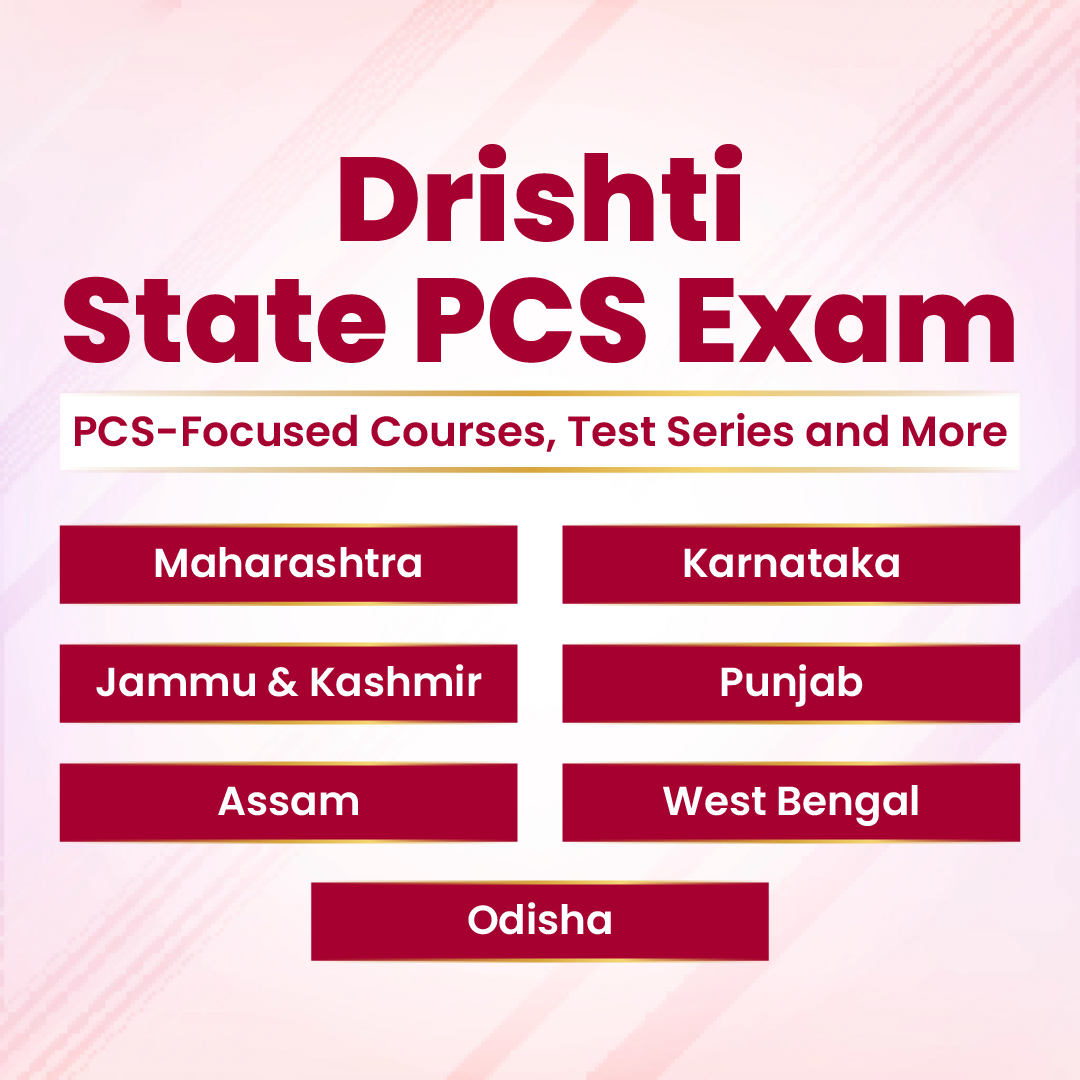

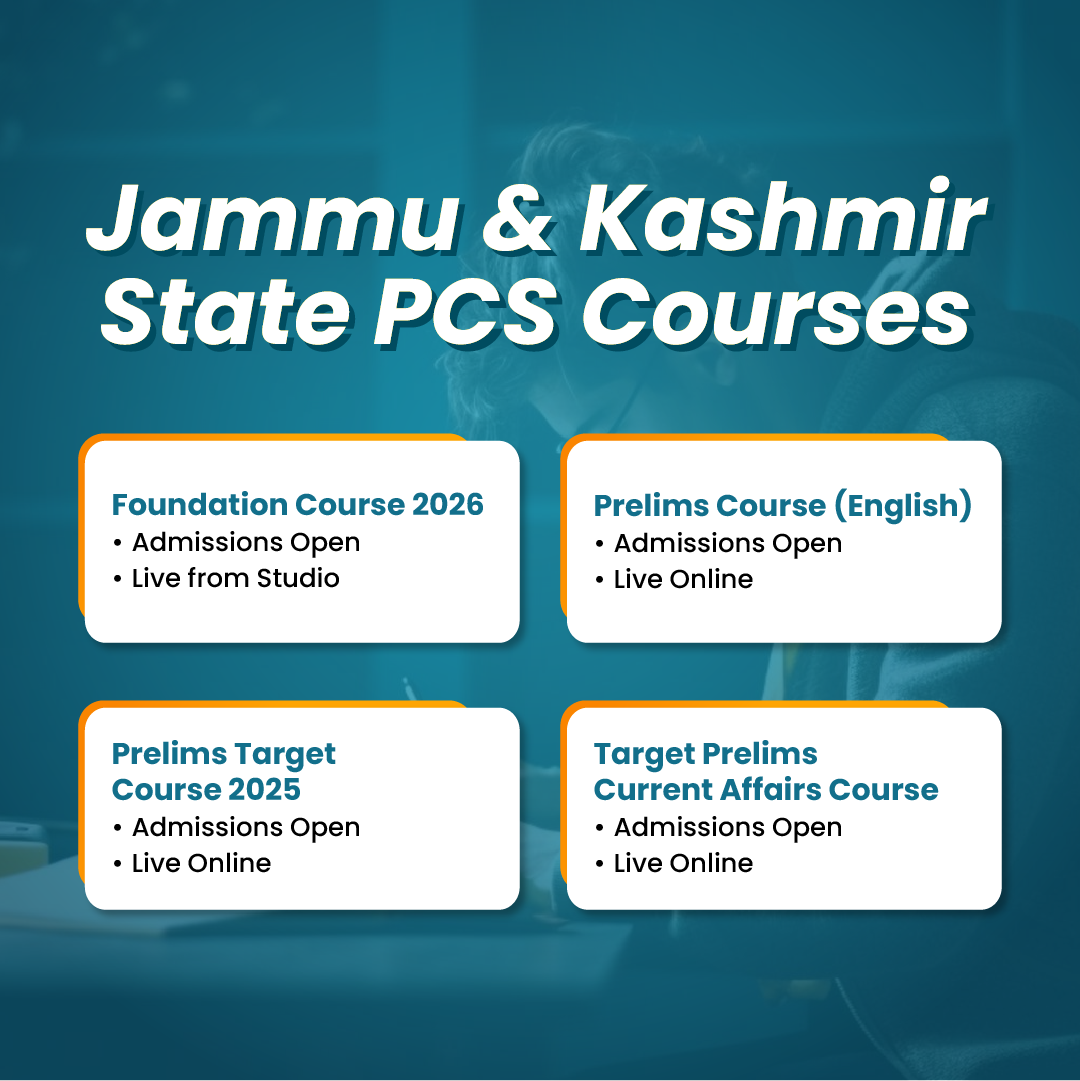

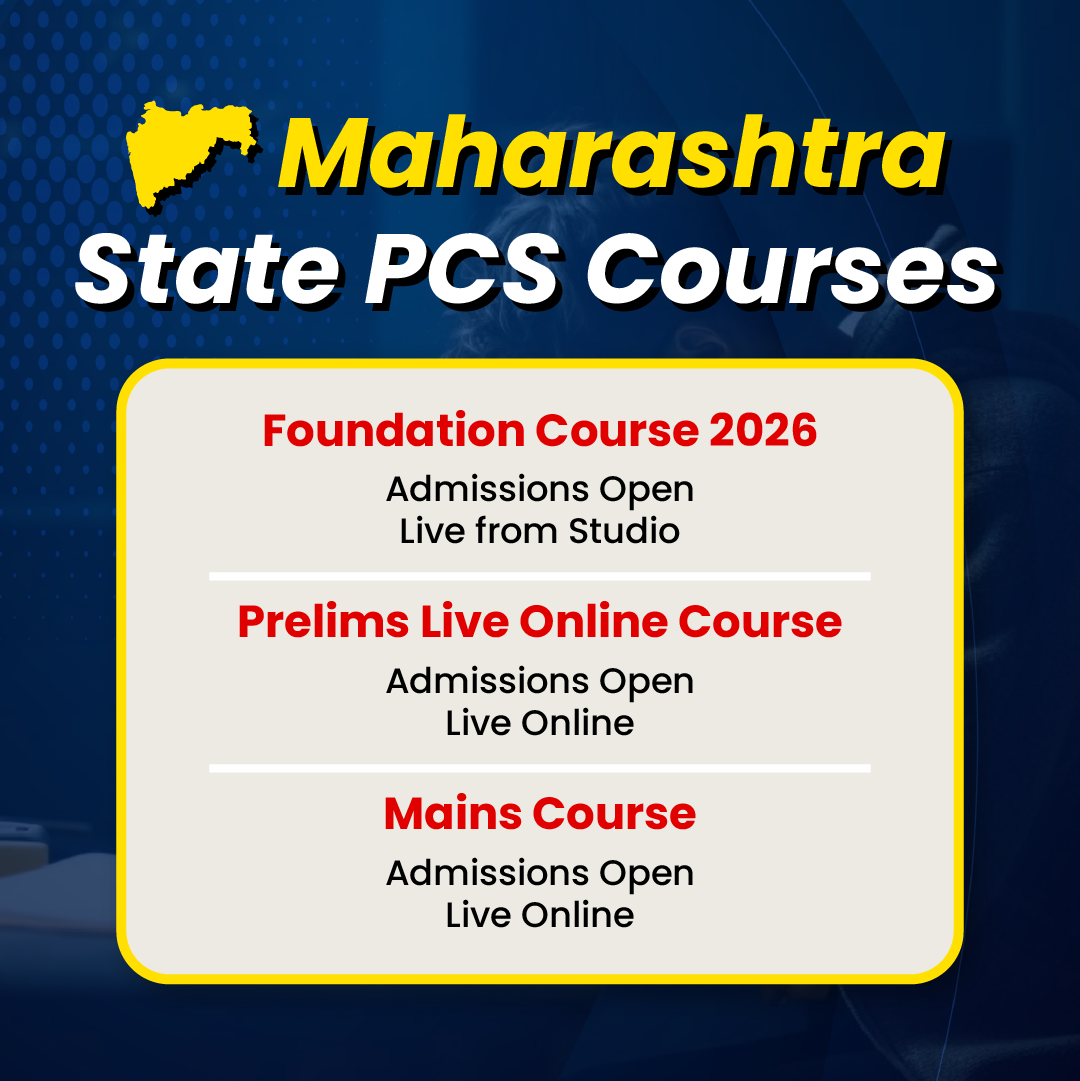

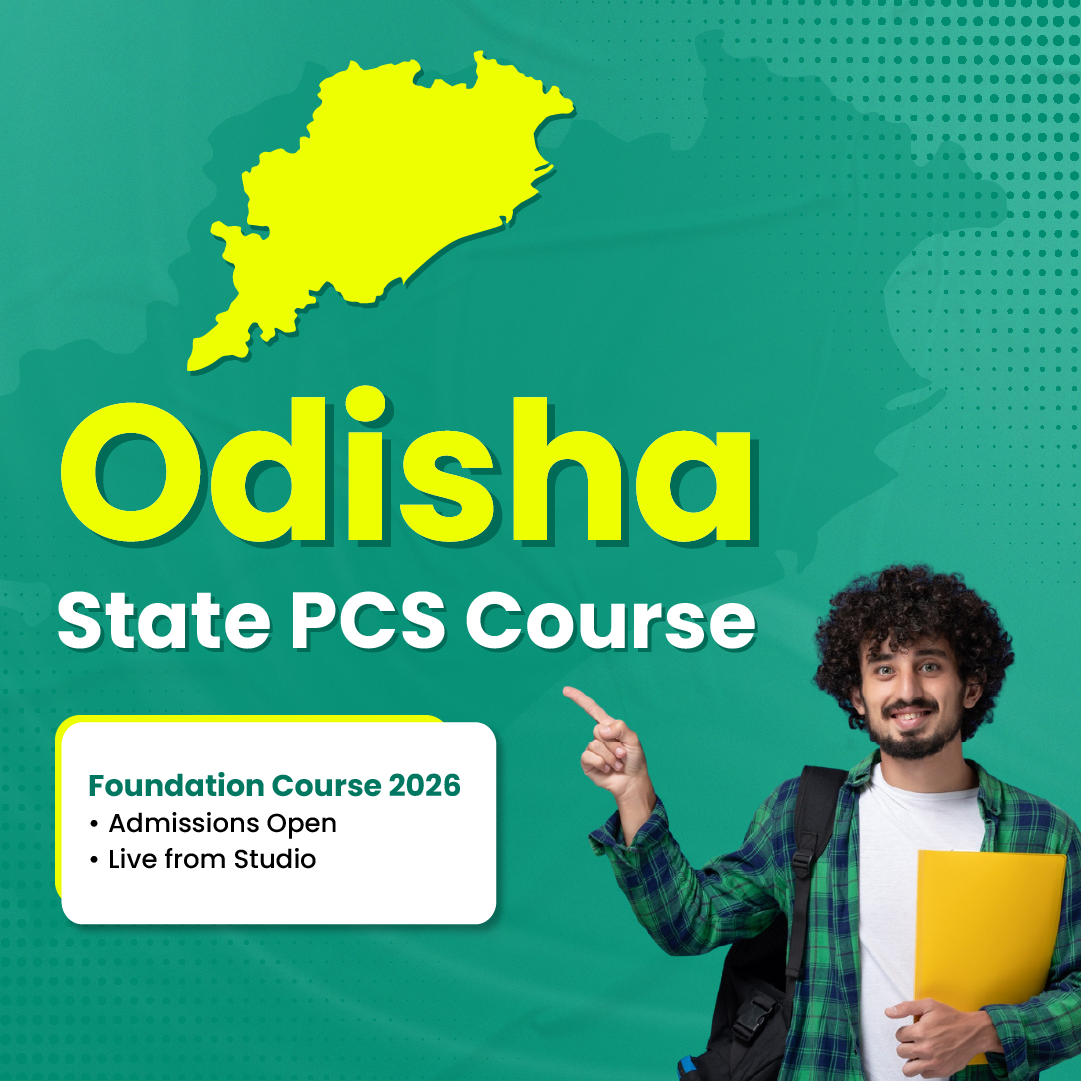



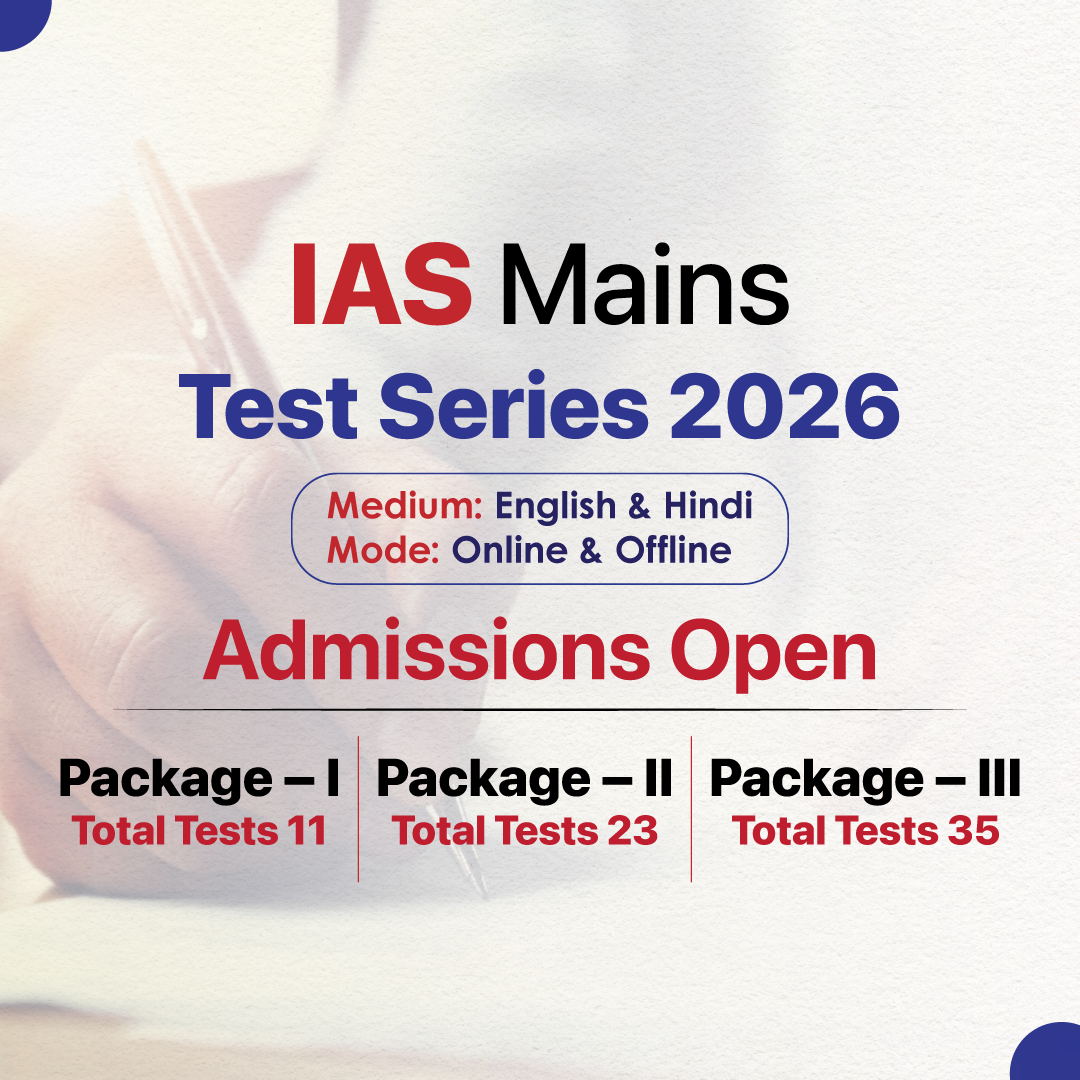

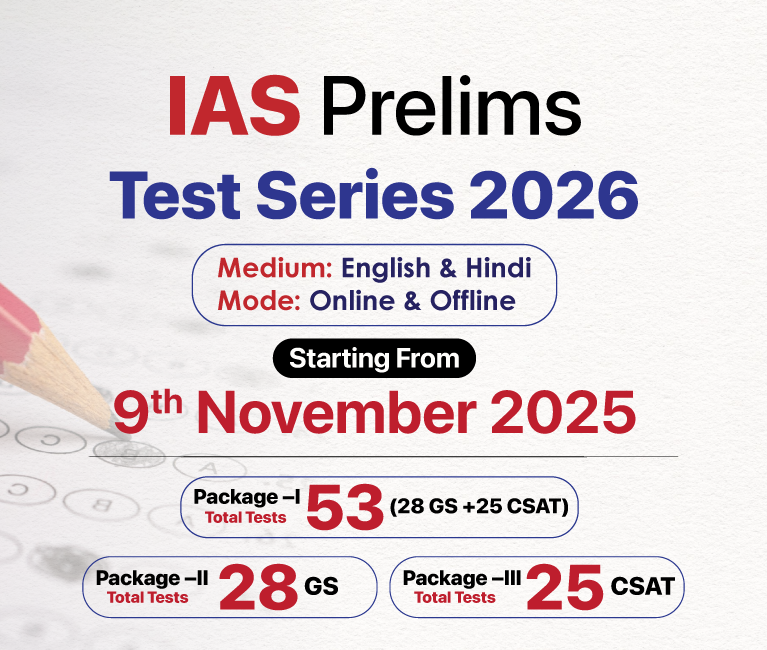


.png)
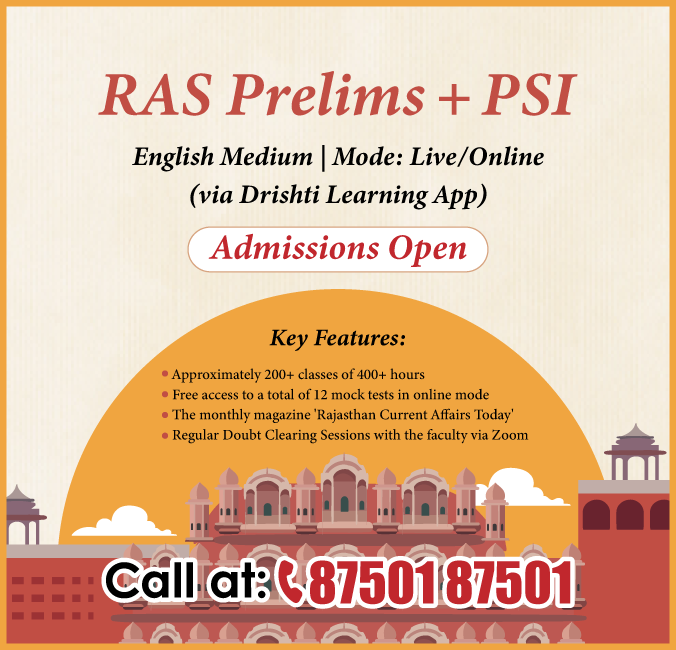

.jpg)

 PCS Parikshan
PCS Parikshan

